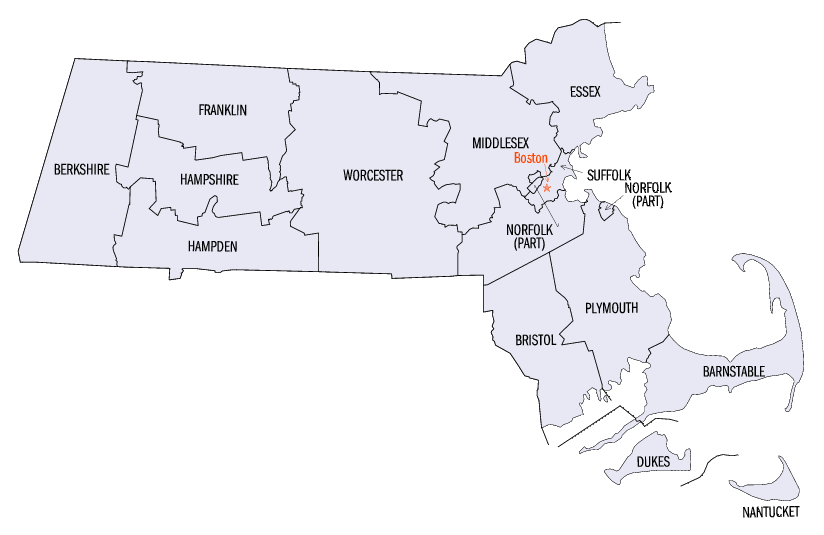On June 17, Voter Choice Massachusetts, which is sponsoring the Massachusetts Ranked-Choice Voting Initiative, announced that it had submitted 25,000 signatures to city and town clerks. For this second round, 13,374 valid signatures are required to qualify for the November ballot.
The initiative would enact ranked-choice voting for elections in Massachusetts, excluding presidential electors, county commissioners, and regional district school committees, as well as elections in caucuses. As of June 2020, Maine was the only state to have adopted and implemented ranked-choice voting at the state level.
RCV is a voting method in which voters rank candidates according to their preferences. A candidate that receives a majority of first-preference votes is declared the winner. If no candidate wins a majority of first-preference votes, the candidate with the fewest first-preference votes is eliminated, and votes are redistributed in rounds until one candidate has a majority.
Citizens of Massachusetts may initiate legislation through the process of indirect initiative. A first round of signatures equal to 3 percent of the votes cast for governor is required to put an initiative before the legislature. A second round of signatures equal to 0.5 percent of the votes cast for governor in the last election is required to put the measure on the ballot if the legislature rejects or declines to act on a proposed initiated statute.
Campaigns for 2020 Massachusetts initiatives needed to submit 80,239 signatures for the first round by November 20, 2019. Voter Choice Massachusetts submitted 111,268 valid signatures to the Secretary of State. Since the state legislature did not enact the law by May 5, 2020, the campaign moved on to the second round of signature gathering to place the initiative on the November ballot. The campaign needed to submit 13,374 valid signatures by July 1, 2020.
In April 2020, Voter Choice Massachusetts and the other three campaigns gathering a second round of signatures for proposed initiatives—Massachusetts “Right to Repair” Initiative, the Nursing Homes Medicaid Ratemaking Initiative, and the Beer and Wine in Food Stores Initiative—filed a joint lawsuit challenging the state’s prohibition of electronic signatures. The lawsuit argued that the restrictions in place due to the coronavirus pandemic inhibited their right to petition the government. The four campaigns and Secretary of State William Galvin agreed to a resolution that allowed the campaigns to gather the second round of signatures electronically and remotely through mail or email.
In the press release from Voter Choice Massachusetts, Cara Brown McCormick, a senior advisor to the campaign, said, “This was the first electronic signature drive to get a citizen’s initiative on the ballot in American history. Together we gathered signatures at a rate of one every two minutes for 40 days in a row, and were fortunate to be able to do the whole drive while keeping everyone safe.”
Between 1996 and 2018, about 54 percent (21 of 39) of the total number of measures that appeared on statewide ballots in Massachusetts were approved, and about 46 percent (18 of 39) were defeated.
Additional Reading:


